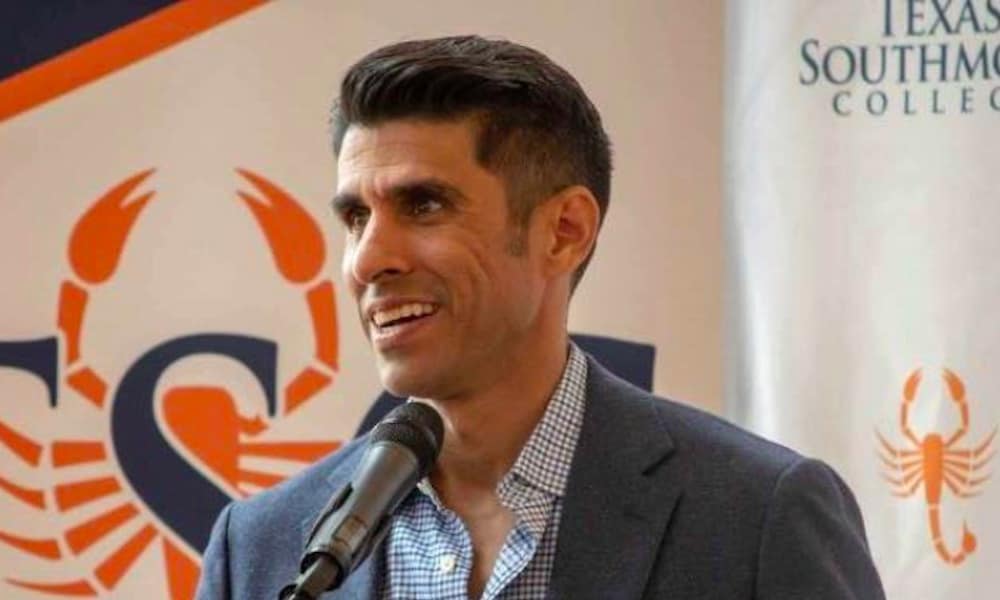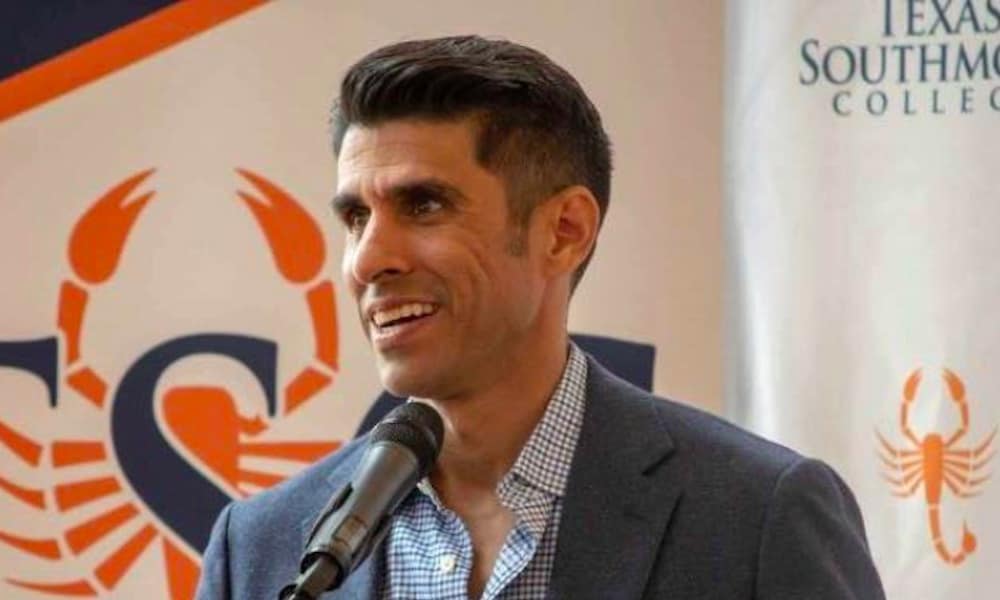
After a failed attempt to pass a law expanding medical marijuana access in 2017, Texas state representative Eddie Lucio III has proposed a fresh attempt at growing access to cannabis to Texans with qualifying medical conditions.
The Democrat from Brownsville introduced House Bill 1365 on Tuesday, which would expand 2015’s Compassionate Use Act (limited to low-THC cannabis for patients with intractable epilepsy) to include people with cancer, autism, other forms of epilepsy, and PTSD. The proposal would also open the kinds of cannabis permissible for use to include vaporization, oils, salves, and lotion. Smoking cannabis would still be illegal should the bill pass.
Not everyone was thrilled about the bill’s introduction. “In our efforts to keep the peace, deputy sheriffs routinely encounter persons who appear highly intoxicated on marijuana or marijuana-edible products,” Collin County Sheriff Jim Skinner of Sheriff’s Association of Texas wrote to KXAN in a statement indicating his group’s lack of support for the bill. “These individuals are generally a danger to themselves, and when driving, they are clearly a danger to others.”
But KXAN also interviewed four-time cancer survivor Mike Thompson, who has become a medical cannabis advocate after spending years on harmful painkillers to mitigate the pain caused by the surgeries he had during cancer treatment.
“The way I see it, there’s no moral, ethical or scientific reason why our state lawmakers—our elected political heroes—should not come together in a bipartisan way to expand the compassionate use act,” Thompson commented. “To not only continue to help people with intractable epilepsy but with cancer, Crohn’s disease, and any spastic related illnesses so that we can ensure that the highest possible amount of Texans can be helped by this medicine.”
Whether the sheriffs like it or not, more and more signs are pointing to an eventual change in cannabis policy in the Lone Star State. A record-setting twenty-seven pieces of marijuana-related legislation has been filing in Texas this year, according to Heather Fazio, director of Texans for Responsible Marijuana Policy. “What we’re seeing is lawmakers understanding because of the personal stories being told from the constituents in their district,” she told KXAN.
Lucio is not alone in his legislative push—and others have been focusing on the issue of decriminalization—key in a state where possession of less than two ounces of marijuana can currently incur a six month jail sentence and $2,000 fine.
In November, El Paso Democrat State Rep. Joe Moody presented a bill that would downgrade the penalty for small-scale marijuana possession to $250 or less.
Such efforts have been backed by a growing sense that the issue commands some level of bipartisan support. In June, delegates at the state’s Republican Party convention added to their platform the downgrading of possession of marijuana from a criminal to a civil offense. They also came to the conclusion that the federal government should remove cannabis from its current Schedule I classification.
Last summer, the Dallas Ft. Worth Academy of Cannabis Science began offering its first five-week courses on agriculture, legal issues, and medicinal findings. “It’s been really well received, and I educate people every day,” co-owner Holly Law told High Times in the run-up to her school’s first term. “People are super excited.”











